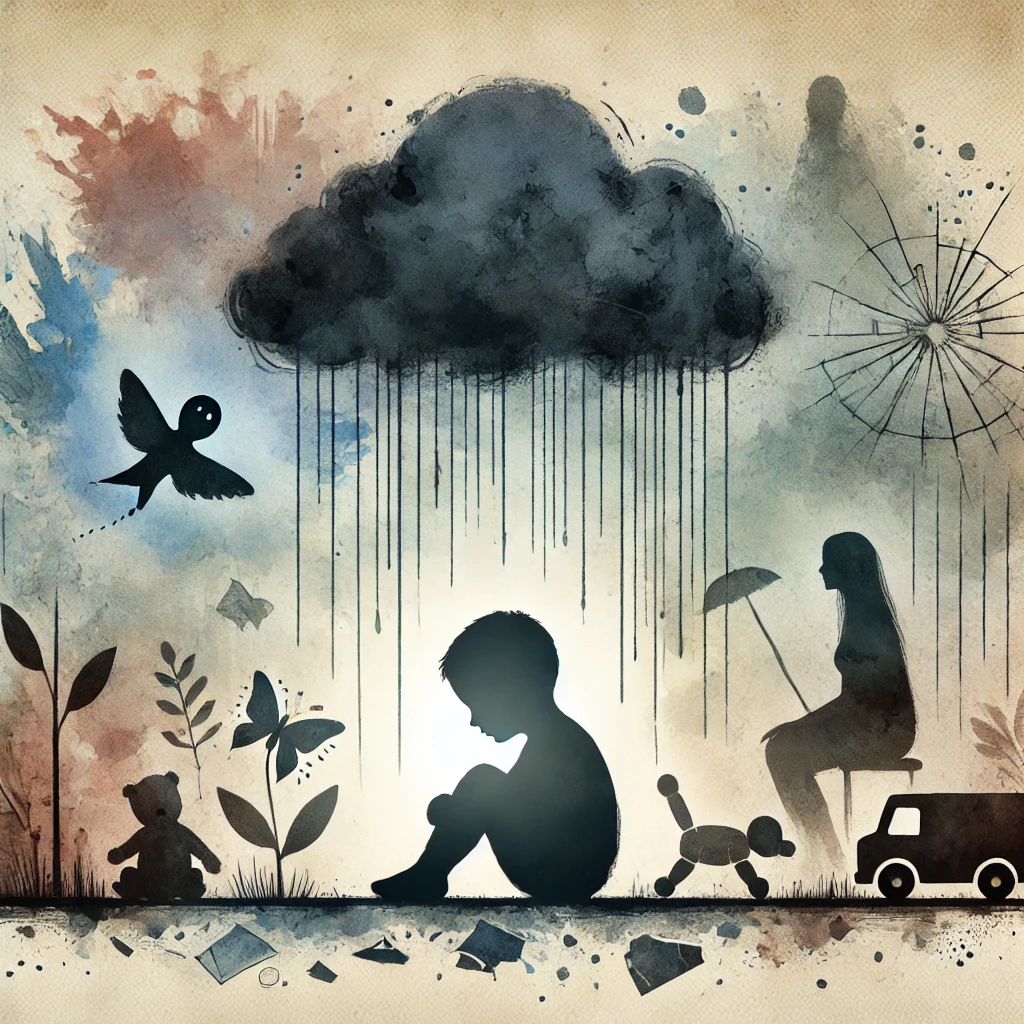Adverse Childhood Experiences (ACEs) refer to potentially traumatic events that occur in childhood (before the age of 18) and can have lasting effects on physical, emotional, and mental well-being. These experiences are commonly categorised into three domains:
- Abuse: Includes physical, emotional, and sexual abuse.
- Neglect: Refers to physical and emotional neglect.
- Household Dysfunction: Encompasses factors such as parental mental illness, substance abuse, domestic violence, incarceration, or separation/divorce.
Common Examples of ACEs:
- Physical, emotional, or sexual abuse.
- Exposure to domestic violence.
- Living with a family member who has a mental illness or substance abuse issue (including alcohol).
- Parental separation or divorce.
- Household member incarceration.
How Many ACEs Are Considered Harmful?
The negative impact of ACEs is cumulative; the more ACEs a child is exposed to, the greater the risk of negative outcomes later in life. Research suggests that experiencing four or more ACEs significantly increases the likelihood of developing physical and mental health issues. Individuals with high ACE scores are at greater risk for:
- Chronic health conditions (e.g., heart disease, diabetes).
- Mental health issues (e.g., depression, anxiety, PTSD).
- Behavioural problems (e.g., substance misuse, aggression).
- Lower life expectancy.
Why Are ACEs Harmful?
ACEs disrupt normal childhood development and can lead to toxic stress—a prolonged activation of the stress response system. This heightened stress can interfere with brain development, impact learning, and contribute to difficulties in regulating emotions. Over time, such stress responses increase susceptibility to long-term health problems.
Mitigating the Impact of ACEs
While ACEs can be harmful, supportive and nurturing relationships, particularly with caregivers, and access to mental health services can buffer their negative effects. Early intervention and promoting resilience are key strategies in minimising harm and improving outcomes.
Key References:
- Felitti, V. J., Anda, R. F., Nordenberg, D., Williamson, D. F., Spitz, A. M., Edwards, V., … & Marks, J. S. (1998). Relationship of childhood abuse and household dysfunction to many of the leading causes of death in adults: The Adverse Childhood Experiences (ACE) Study. American Journal of Preventive Medicine, 14(4), 245–258. DOI: 10.1016/S0749–3797(98)00017–8.
- Here is an ACEs questionnaire
